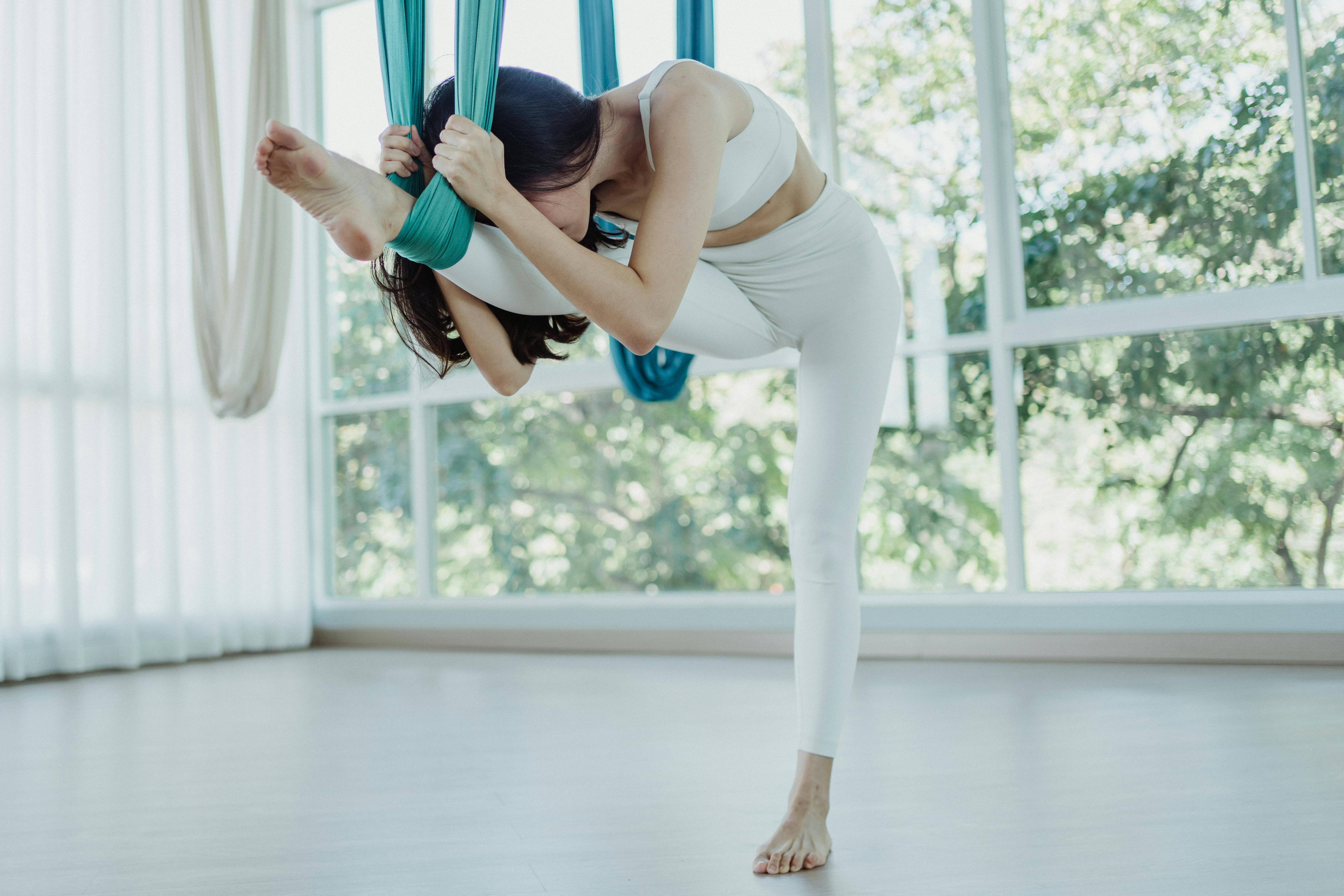Kettlebell training for triathletes
The western world is listening, receiving and gradually applying simple, primitive and more effective training methods from the archives of the Eastern bloc. Kettlebells (KB) have already become the tool of choice for ‘in the know’ strength and power athletes. Joint Mobility (JM), a combination of Qigong and dynamic stretching, has also become one of the most effective warm-ups for any athlete. How can the revival of these two timeless protocols benefit triathletes?
Triathletes are a special population due to the fact that they train for three events simultaneously i.e. swimming, cycling and running. Efficiency is of the utmost importance, especially for Ironman competitors, 2.4 mile swim, 112 mile bike, 26.2 mile run ALL IN ONE DAY! Therefore, there are many problems that these athletes encounter throughout their training programs. The most common problems are overtraining, weak core, tight hip flexors, tight lower back, and stress fractures primarily in the lower leg and small bones in the feet.
This article will address some specific protocols that have been used effectively to correct some major strength and flexibility imbalances in a current client. He is 33 years old and has competed in two Ironman triathlons, as well as many shorter races. When we started working together, nine weeks before her second Ironman, she was recovering from a stress fracture of her femoral head, a significant imbalance between her quadriceps and hamstrings, rotator cuff problems (past injuries from swimming on a college scholarship) and tight hip flexors.
Through a combination of JM and KB exercises, he was able to effectively overcome many of these weaknesses in nine short weeks. Each session began with a minimum of ten minutes of head-to-toe joint mobility and then specifically returning to problem areas. Check out Super Joints (book or DVD) for these exercises: Belly Dance, Cossack, Extended Cossack, Bootstrappers, and Split Switches. Following a general mobility warm-up, emphasis was placed on the Wall Squat, essential for the recovery and progression of imbalances, weaknesses and mobility in the hip/low back region. Within two weeks, his squat depth had improved by four inches due to greater flexibility and relaxation of the hip flexors. This almost immediate improvement led to relaxed pedal power on the bike, a relaxed ride, and overall increased power and efficiency.
The remainder of each training session revolved around KB training. The fundamental movements apply to triathletes as they do to any athlete. Five main KB exercises were used. A healthy dose of swings, cleans, snatches, renegade rows and windmills were the focal point.
Swings teach hip and hamstring firing. Most programs neglect to teach athletes in general how to neurologically program their hamstrings, which leads to efficiency in cycling and running.
Cleans and re-teaches the hips to fire while simultaneously relaxing the shoulders…crucial during a strenuous multi-sport run.
Snatches are an extension of the swing and help ‘rewire’ the central nervous system to fire on demand and also add to overall efficiency.
Renegade Rows is a full-body core workout that teaches the abs to settle into a state of “relaxed tension” rather than mindlessly rowing a weight. This movement transfers to more effective hip stabilization in triathletes as they build a solid core.
Windmills engage the core while simultaneously stretching the glute/hamstring complex while maintaining upper body mental awareness, once again engaging the WHOLE body to work as a unit vs. a collection of body parts.
These five exercises revolve around everything a triathlete is looking for: increasing core strength without increasing muscle mass, and increasing work capacity while maintaining aerobic efficiency (relaxed tension).
Treating the body as a ‘unit’ vs. A collection of body parts, leading to greater efficiency, is crucial for triathletes. Kettlebells fill the gap where traditional strength training is lacking, effective strength workouts in minimal time. Ask any triathlete: their last priority is strength training. However, all triathletes are interested in and understand the benefits of “core” training and the Party knows the MOST EFFECTIVE core training tool: kettlebells. Help out your fellow triathletes by showing them these intricate party protocols. Sure will thank you!
